2024 All-America City – Roanoke, VA
In the heart of Virginia’s Blue Ridge, Roanoke has become the largest city in Southwest Virginia. Roanoke’s historical diversity has been a source of challenges but is also a foundation for many triumphs and successes. Over the past decade, the community has undertaken a transformative journey, confronting historical challenges head-on.
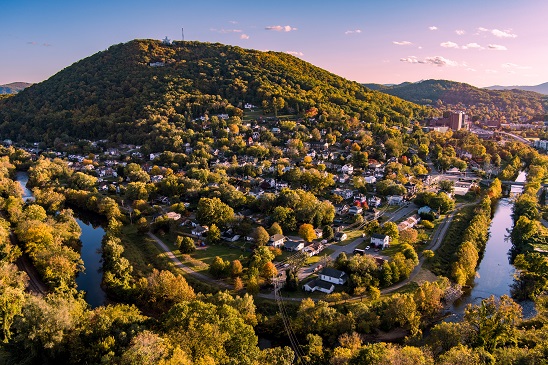
Roanoke’s history bears the weight of industrial disinvestment and a legacy of racist systems and neglect that have left segments of the population behind. With a response that transcends acknowledgment of these historical disparities, Roanoke is embracing a visionary 2040 Comprehensive Plan that prioritizes equity considerations, aiming to address root causes rather than superficial issues.
Roanoke envisions a city that overcomes its history of disinvestment and racial disparities by embracing transformation to become a hub of diversity, technology, innovation, and well-being.
Star City Strong Recovery and Resiliency Advisory Panel
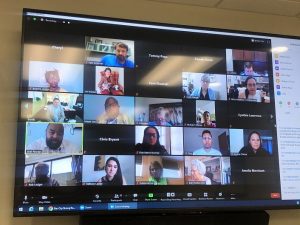 Over the past decade, the City of Roanoke, like many cities across the country, has faced numerous challenges: a global pandemic, inflation rates not seen in over forty years, limited access to fresh, healthy food, increases in homelessness, political divisiveness, increased violence, and the ongoing impact of climate change. In 2021, Roanoke received over $64 million in American Rescue Plan Act (ARPA) funds and took a unique approach to determining their use.
Over the past decade, the City of Roanoke, like many cities across the country, has faced numerous challenges: a global pandemic, inflation rates not seen in over forty years, limited access to fresh, healthy food, increases in homelessness, political divisiveness, increased violence, and the ongoing impact of climate change. In 2021, Roanoke received over $64 million in American Rescue Plan Act (ARPA) funds and took a unique approach to determining their use.
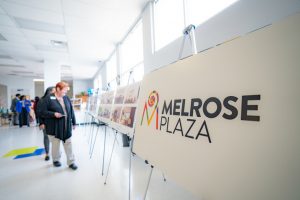
To ensure both immediate relief and long-term transformation, Roanoke established the Star City Strong: Recovery and Resiliency Advisory Panel, which conducted interviews and held focus groups with 100 individuals representing a diverse range of perspectives. Based on these interviews, data, and public hearings, the advisory panel made recommendations to the city council that would support the community’s recovery and build resilience by investing in projects and initiatives benefiting people, places, and governance.
One notable allocation was $2.6 million to Habitat for Humanity’s Partners in Prosperity program, aiming to add or renovate 18 homes in Roanoke’s Belmont-Fallon neighborhoods, along with providing workforce development opportunities.
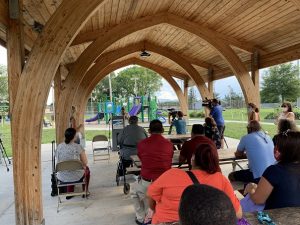 Additionally, a $2.5 million grant to the Local Environmental Agriculture Project (LEAP) enhanced food distribution infrastructure and expanded programs like Harvest Bucks to serve vulnerable populations.
Additionally, a $2.5 million grant to the Local Environmental Agriculture Project (LEAP) enhanced food distribution infrastructure and expanded programs like Harvest Bucks to serve vulnerable populations.
Lastly, a $10 million grant to Goodwill Industries led to the creation of Melrose Plaza, a community hub featuring a grocery store, wellness center, and educational facilities, addressing essential needs in Northwest Roanoke.
Community Inclusion Programs
The City of Roanoke faced significant challenges in supporting its immigrant and refugee population due to language barriers and cultural differences, with nearly half of its residents having limited English proficiency. Effective communication became crucial during the COVID-19 pandemic, leading the city to partner with language service providers and establish bilingual support positions to ensure vital health information reached all residents.
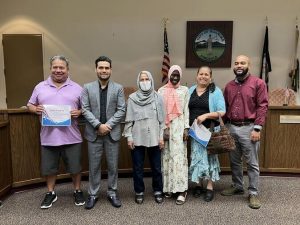
Beyond pandemic needs, the city launched the Welcoming Roanoke Plan to address ongoing challenges like disconnection, language barriers, and limited job opportunities among immigrants and refugees. This plan introduced innovative programs, including the Language Access Plan, which provided comprehensive language services such as on-demand interpretation and translation, ensuring equitable access to city resources.
The My City Academy empowered refugees and immigrants by offering essential knowledge about city services and fostering leadership skills for civic engagement.
The city also organized cultural events like the Nowruz celebration, offering opportunities for community building and bridging cultural divides. The Community Inclusion Program Coordinator is also working with Roanoke’s new Afghan residents to make recreational services more culturally appropriate.
These efforts earned Roanoke the Certified Welcoming designation from Welcoming America, affirming its commitment to creating an inclusive and welcoming community.
Interwoven Equity/Equity and Empowerment Advisory Board
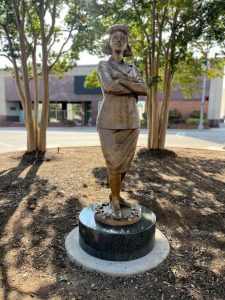 The Equity and Empowerment Advisory Board (EEAB), established as part of City Plan 2040, aimed to tackle two key challenges: drafting a comprehensive plan for the city’s future and promoting equity and empowerment for all residents. Roanoke has faced historical issues, such as under-resourced neighborhoods, generational poverty, and racial segregation, leading to inequitable outcomes and health disparities. Over time, the city’s demographics have shifted significantly, highlighting the need for inclusive policies. The city’s vision for 2040 emphasizes diversity, inclusivity, and opportunities for all, acknowledging past injustices and aiming for interwoven equity.
The Equity and Empowerment Advisory Board (EEAB), established as part of City Plan 2040, aimed to tackle two key challenges: drafting a comprehensive plan for the city’s future and promoting equity and empowerment for all residents. Roanoke has faced historical issues, such as under-resourced neighborhoods, generational poverty, and racial segregation, leading to inequitable outcomes and health disparities. Over time, the city’s demographics have shifted significantly, highlighting the need for inclusive policies. The city’s vision for 2040 emphasizes diversity, inclusivity, and opportunities for all, acknowledging past injustices and aiming for interwoven equity.
To address these challenges, City Plan 2040 involved extensive community engagement, empowering residents to shape the future of Roanoke. The EEAB played a crucial role in this process, focusing on equity priorities outlined in the plan. The board worked on initiatives like renaming public spaces to reflect the city’s values, such as Henrietta Lacks Plaza, and advocating for renaming federal buildings to honor civil rights leaders like Reuben E. Lawson. Additionally, the EEAB facilitated increased civic engagement through public hearings, allowing residents to voice their concerns and perspectives.
The city’s planning department also pursued zoning reforms aligned with equity goals, aiming to expand housing opportunities and remove regulatory barriers. Engaging residents through various channels, including open houses and virtual meetings, demonstrated a commitment to transparent and inclusive decision-making. While the EEAB lacks decision-making authority, its role in facilitating dialogue between residents and officials has been transformative, paving the way for collaborative efforts to advance equity and empowerment in Roanoke.
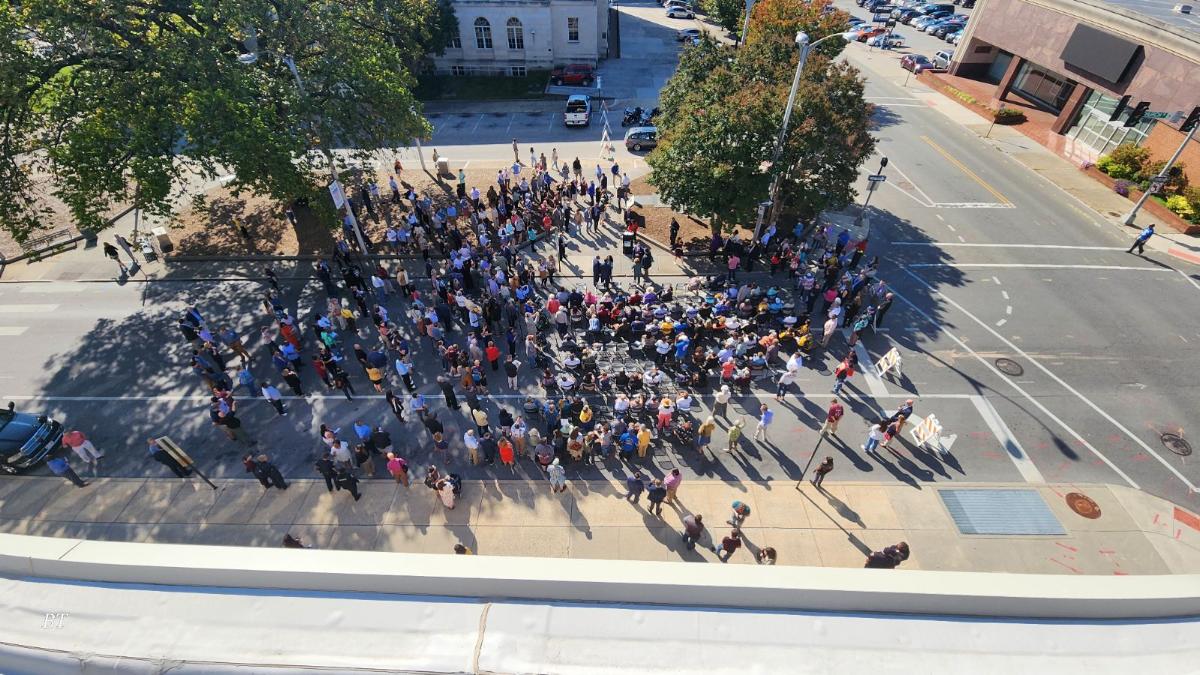
Some Related Posts
Thank You to Our Key Partners



